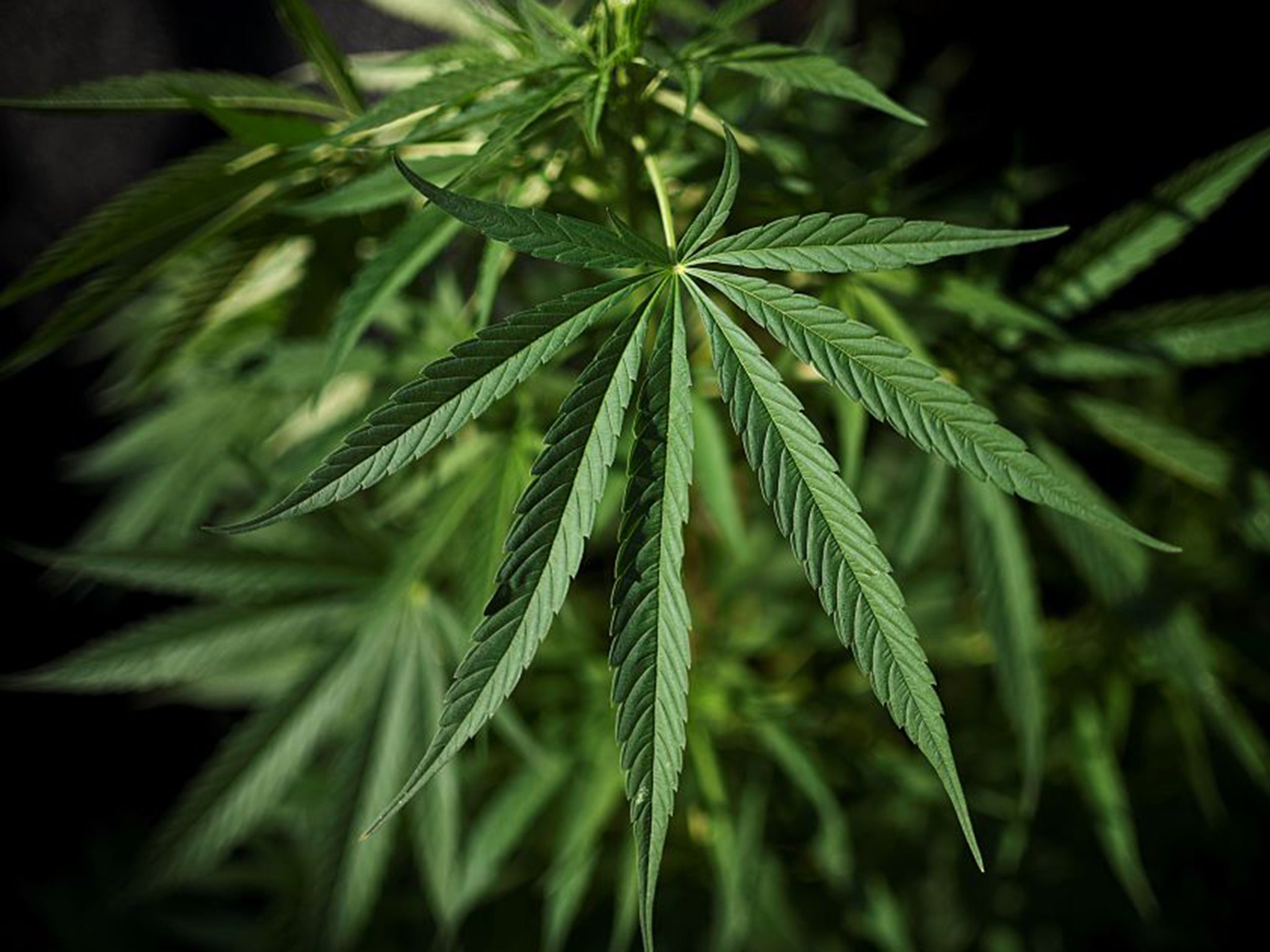Smoking cannabis makes you lazy, study suggests
Scientists say reduced wilingness to exert themselves may explain why marijuana users do less well in education and work

Smoking cannabis could make you lazy, according to a new study.
Researchers at the University of British Columbia gave the chemical tetrahydrocannabinol (THC), the main brain-affecting ingredient in cannabis, to laboratory rats.
They found this made them less willing to carry out a complex task for a large reward, with most opting for an easier one despite a smaller prize.
Mason Silveira, who led the study, said: “Perhaps unsurprisingly, we found that when we gave THC to these rats, they basically became cognitively lazy.
“What’s interesting, however, is that their ability to do the difficult challenge was unaffected by THC. The rats could still do the task— they just didn’t want to.”
The type of cannabis sold as a recreational drug contains much higher levels of damaging THC than cannabis produced for medicinal purposes, which has more of a chemical called cannabidiol that is better for the brain.
THC has been linked to anxiety and psychosis, as well as problems with learning, memory and attention.
But the new study suggests that rather than making people less able to complete tasks, cannabis simply makes them less motivated to do so.
The researchers said their findings might explain why cannabis use is linked to poorer education, lower earnings and worse employment prospects.
Scientists gave 29 rats doses of THC to see whether it made them less likely to opt for tasks that required more effort.
Rats were presented with a choice of levers, with some resulting in low-effort tasks that delivered small food rewards and others leading to high-effort tasks that resulted in big food rewards.
Under normal circumstances, most rats choose a harder challenge to earn a bigger reward. But after being drugged they switched to the easier option.
THC was found to cause changes in the medial prefrontal cortex, a part of the brain involved in in decision-making.
Subscribe to Independent Premium to bookmark this article
Want to bookmark your favourite articles and stories to read or reference later? Start your Independent Premium subscription today.

Join our commenting forum
Join thought-provoking conversations, follow other Independent readers and see their replies